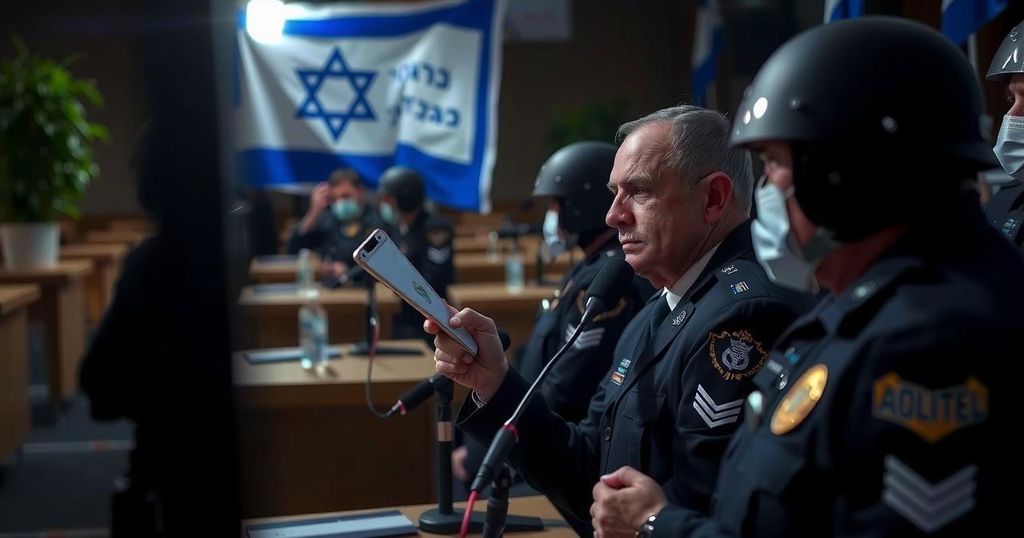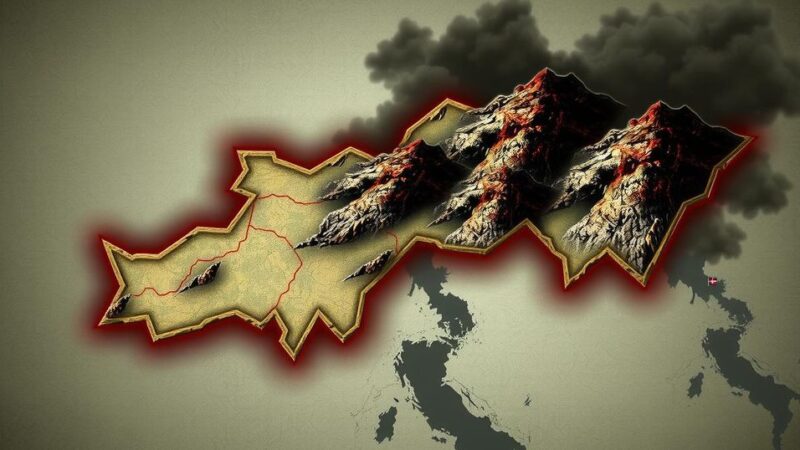A drone strike targeting Prime Minister Netanyahu’s residence highlights the sophisticated military capabilities of Iran and Hezbollah, indicating escalating tensions in the Middle East. This incident could impact Israel’s strategies in Lebanon and Iran as it contemplates retaliatory actions and negotiates the release of hostages.
The recent drone strike targeting the residence of Israeli Prime Minister Benjamin Netanyahu, allegedly executed by Hezbollah possibly with Iranian support, underscores the escalating tensions in the Middle East. The incident, which occurred on Saturday, not only reveals the advanced intelligence-gathering capabilities possessed by Iran and Hezbollah but also raises significant implications for Israel’s military and political strategy in the region. As Israel contemplates its response, the impact of recent developments, including the killing of a Palestinian militant leader, may further complicate efforts towards a ceasefire that could facilitate the release of hostages held by militant groups. The week ahead promises to be turbulent, with heightened speculation regarding Israel’s potential retaliatory actions against Lebanon and Iran.
The geopolitical landscape in the Middle East has been increasingly fraught with violence and conflict, particularly between Israel and militant groups such as Hezbollah. The recent assassination attempt on Prime Minister Netanyahu has accentuated the precarious nature of Israeli security, driving home the reality of Iranian and Hezbollah military capabilities. Historically, these groups have used asymmetric warfare strategies, relying on intelligence and precision strikes to challenge Israeli authority. The dynamics of hostage situations, particularly involving high-profile captives, further complicate the regional narrative, compelling Israeli leaders to navigate a delicate balance between military aggression and diplomatic negotiations. This backdrop sets the stage for understanding the implications of the recent drone strike and its potential repercussions.
The assassination attempt on Prime Minister Netanyahu signifies a critical turning point in the ongoing conflict involving Israel, Hezbollah, and Iran. As tensions mount and retaliatory actions are anticipated, the outcome of this situation may significantly influence future Israeli operations and diplomatic maneuvers in Lebanon and Iran. The precarious nature of hostage negotiations adds another layer of complexity, emphasizing the need for strategic foresight as regional players respond to these unfolding events.
Original Source: www.haaretz.com






